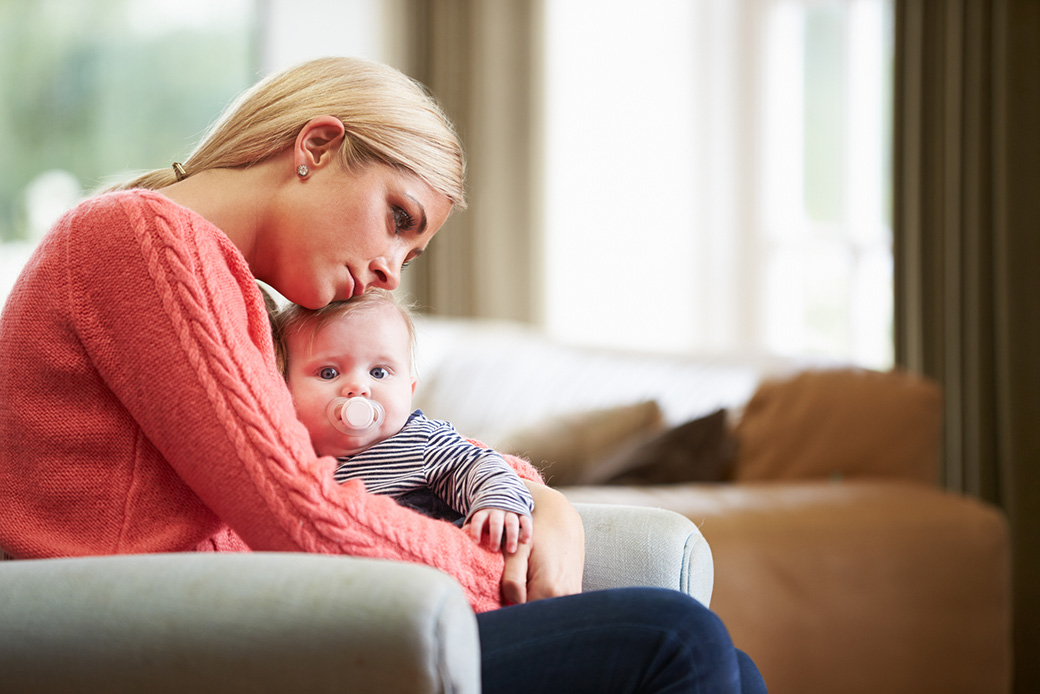Throughout pregnancy and postpartum many women hear messages from well-meaning friends, family, and strangers regarding how they “should” look and feel. A pregnant woman “should” glow with happiness, “should” feel joy and excitement, and “should” begin nesting and developing maternal feelings and bonds towards her unborn and newborn child. For many women, their pregnancy and the postpartum period looks and feels very different. In fact, approximately 11-20% of all women experience an onset of Depression following the birth of their child. This statistic does not take into account the many women who experience depression after the loss of a child (miscarriage or stillborn) or the significant number of women who likely do not report depressive symptoms due to shame or fear that they will be considered an unsafe or unfit parent. In recent years, several celebrities and women in positions of influence have come forward to disclose their own personal struggles with Postpartum Depression and have begun to lift the veil of shame on this disorder. Even with increased awareness in the community and the health care field, and effective therapy to treat Depression, only 15% of women who experience postpartum depression seek and receive help in the form of therapy or psychiatric care.
An even less-discussed mental health concern with serious effects on both women and their children is Postpartum or Perinatal Obsessive Compulsive Disorder (pOCD). Many women experience an increase in stress and anxiety about having and caring for a child. This increase in stress and feelings of responsibility to a newborn child may elicit upsetting or intrusive thoughts which can lead to an onset of OCD. Some individuals who have a prior history of OCD may also experience an increase or worsening of their symptoms, although this is not the case for everyone.
Women with pOCD may experience intrusive thoughts regarding the safety of their child, risk of contamination, or fears that they themselves will harm their child. As a way to manage these distressing thoughts women may engage in compulsions such as checking on the baby repeatedly, washing the baby excessively, repeating prayers, or avoiding certain activities with their child to minimize the risk of harm. OCD can have a significant impact on the mother’s well-being, as well as her relationship with her partner. In addition, shame and fear of disclosing these unwanted thoughts and images may further inhibit a woman from seeking treatment for pOCD. Many women who suffer from pOCD can also develop depression due to the feelings of isolation, fear, sadness, and shame.
The good news is that pOCD can be treated very effectively using similar methods used to treat other types of OCD. Cognitive Behavior Therapy (CBT) is an empirically supported treatment that helps individuals with OCD. In therapy, women gain a greater understanding of their intrusive thoughts, learn how to accept and not fear the intrusive thoughts, reduce compulsions and confront situations that they have been avoiding. The CBT therapist helps guide each individual at their own pace through a systematic and personalized approach called Exposure and Response prevention. CBT is a front-line treatment for OCD, pOCD, Depression, and Postpartum Depression. For many women who suffer from these conditions, CBT can have a dramatic effect on their lives and ultimately help women develop their sense of selves as a parent in a healthy, connected way that will benefit themselves and their families.

